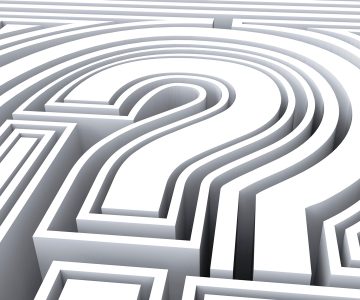Bankruptcy Chapter Basics
:
Filed under: Bankruptcy
 Depending on the type of debt you have and the laws in your state, you may only be able to wipe out certain types of debt in bankruptcy. You may also be able to wipe out debt that creditors are unlikely to try to collect on.
Depending on the type of debt you have and the laws in your state, you may only be able to wipe out certain types of debt in bankruptcy. You may also be able to wipe out debt that creditors are unlikely to try to collect on.
Chapter 7 Bankruptcy
The effects of Chapter 7 bankruptcy vary depending on the type of debt you have and the laws in your state. In general, Chapter 7 bankruptcy allows you to: clear credit card debt, medical debt, personal loans, and other unsecured debts keep your home, car, and other property you may have pledged as collateral for a loan protect assets (like retirement accounts) from creditors
Chapter 13 Bankruptcy
If you have a steady income and can afford to pay some of your debt, Chapter 13 bankruptcy may offer you the best shot at keeping your property and avoiding foreclosure. Chapter 13 bankruptcy allows you to: keep your property if you can pay back your debts through a repayment plan get rid of your debt through a “cram down” (whereby a court may change the terms of your loan to allow you to pay it back over time) avoid foreclosure set up a payment plan that allows you to pay off your debts.
How do I know which bankruptcy is right for me?
The first thing you need to do is learn about the options available to you. Bankruptcy is a serious matter. You should educate yourself as much as possible about the different types of bankruptcy. If you need help deciding which type of bankruptcy best fits your situation, you may want to talk to a Fort Worth bankruptcy attorney.







